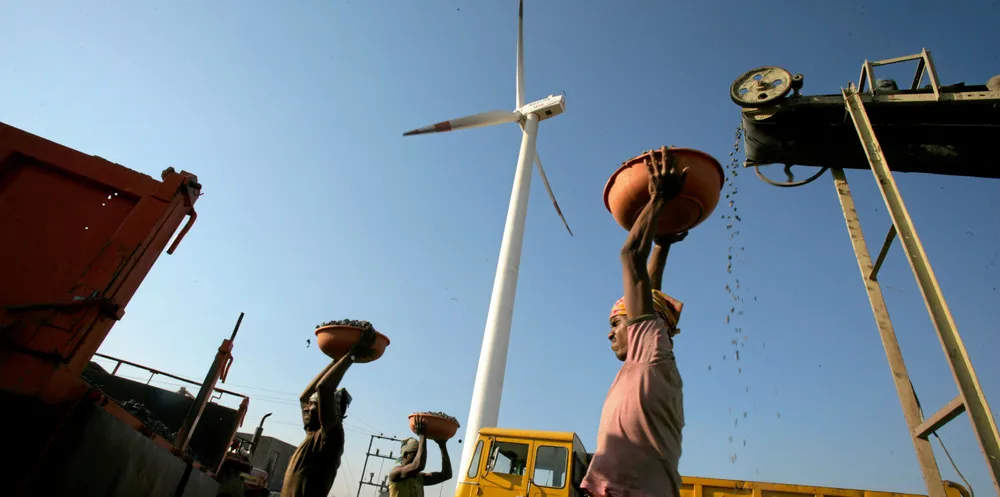All-time high global renewables spend masking 'retreat' from emerging markets: BNEF
Capital totalling over $450bn went into clean energy plant construction worldwide in 2020, the analyst calculates in its latest Climatescope report, but finance retrenched to wealthier nations
